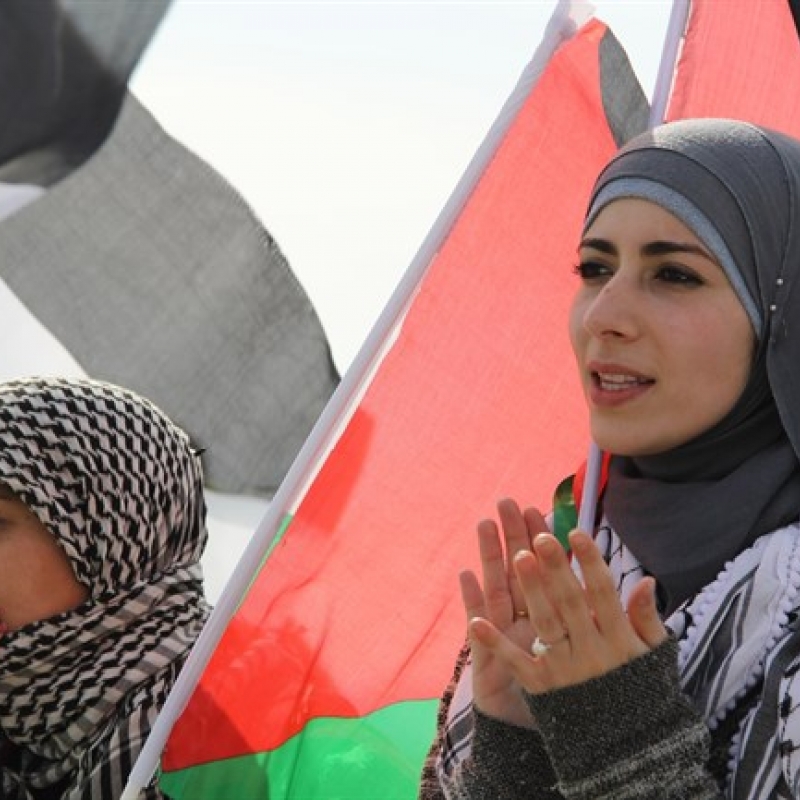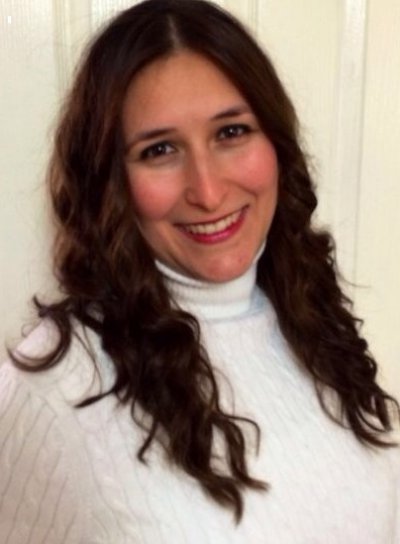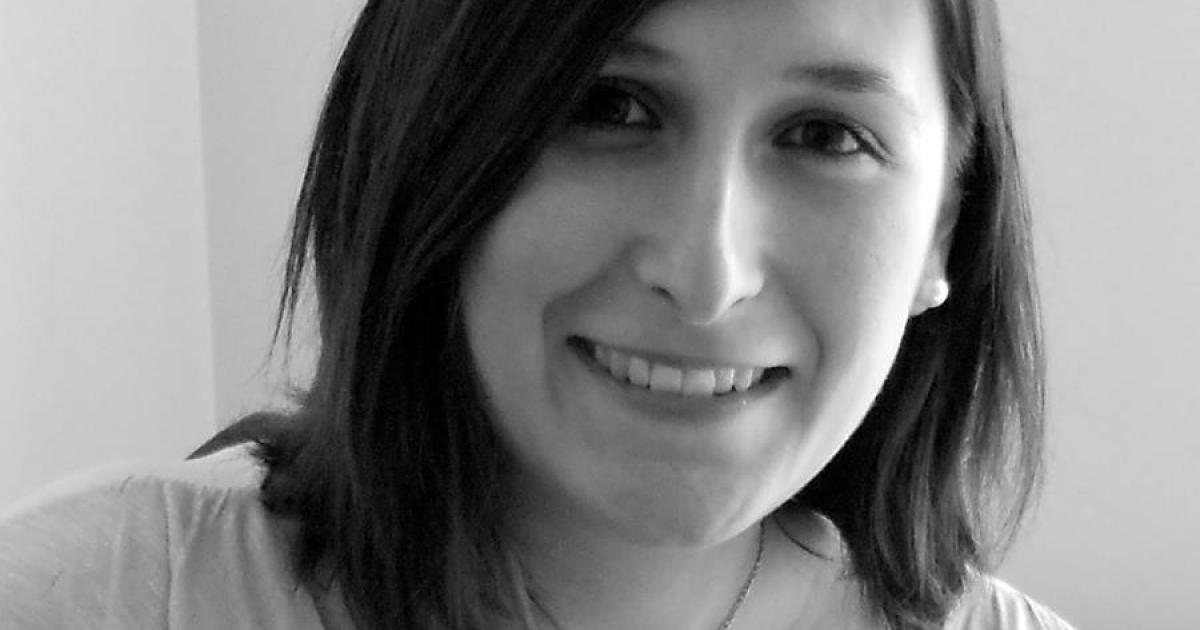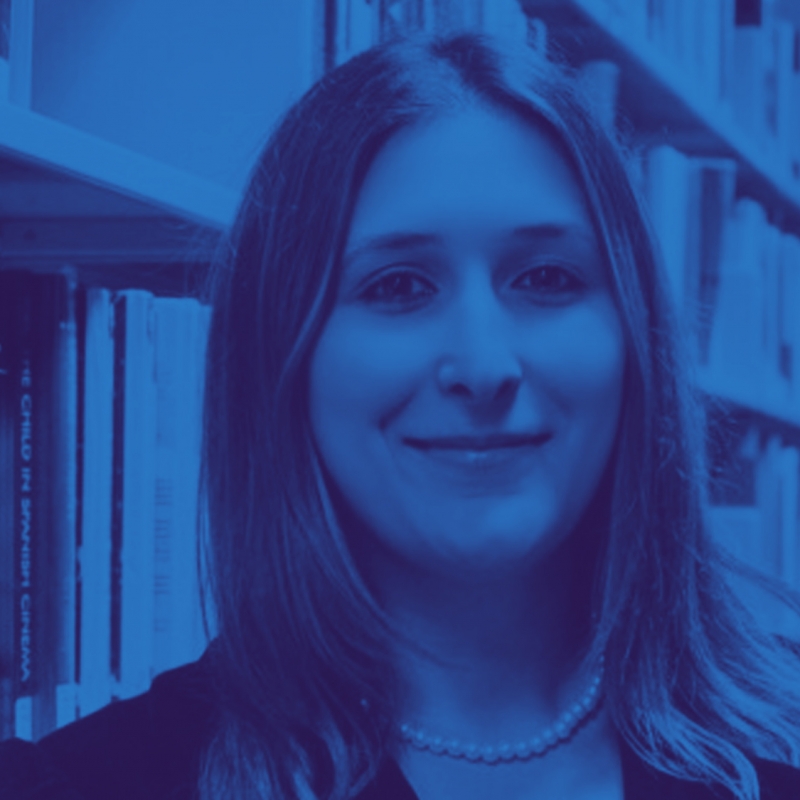
Violence against Women in Palestine
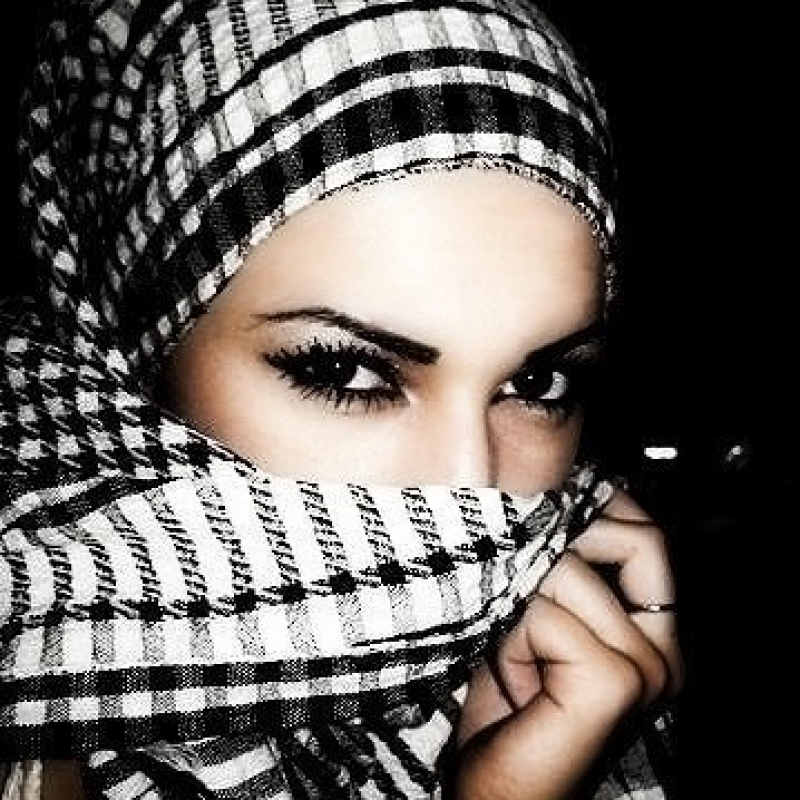
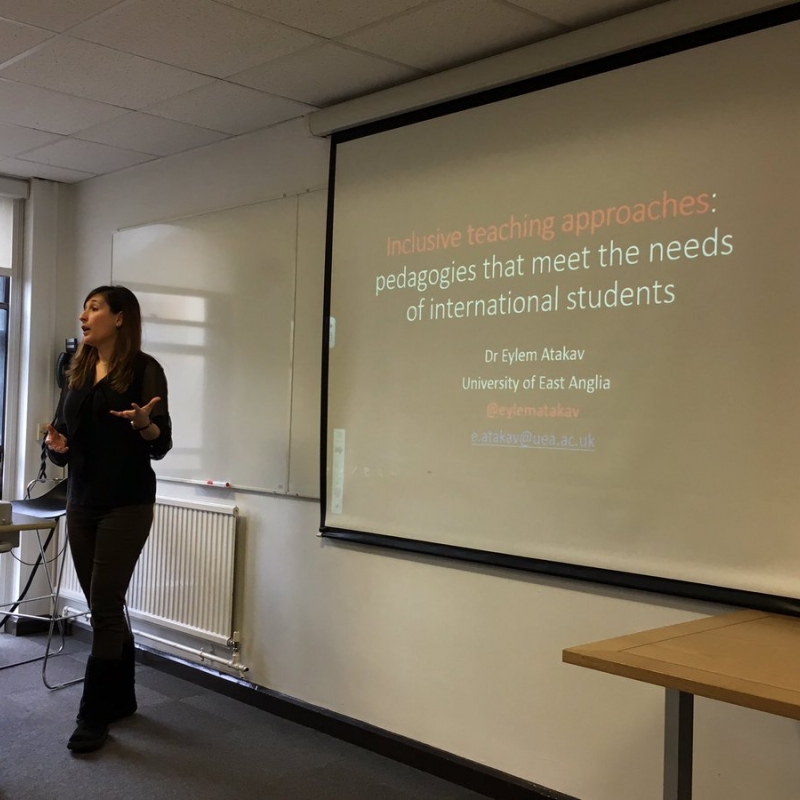
Failing to attract audiences for the act, Haddad decides to make a film and directs her camera towards the lives and realities of five Arab women who were sexually harassed or raped by their family members or friends at an earlier age.
What brings these women together is not only the violence they endured in different ways, but also their silence imposed upon them by their families or society. The film creates a space for women to break the barrier of silence and fear and speak overtly about their experiences of rape and abuse.
One of the women interviewed talks about how she chose to hide it from her parents in order to not hurt them. She is not seen but heard in the scene when she talks about rape: ‘‘We sat on the promenade, my friend’s cousin and I. I was drinking coke and felt something strange, felt dizzy. We entered the room, he shut the door. Picture yourself suddenly waking up in great fear..that’s how I felt. I suddenly woke up. I went to open the door but he didn’t let me. He shut the door. I tried to escape but he suddenly pushed me forcefully like an animal that captured its prey. He took of my pants. He took them off and I pulled them up. ‘I beg you, please! Please don’t force yourself on me!’ Suddenly I felt a terrible pain. Terrible. I cried and cried. When I saw the blood my fears boiled down to: ‘what is they find out, what if he tells…’ I am forced to have sexual intercourse. I am no longer a virgin. That’s it..it was like something died, something was crushed.’ Another woman tells us that she lives with the images and nightmares as she says: ‘I picture him as a monster.’
In an interview Haddad talks about the challenges she faced in making the film: ‘People told me that it would be impossible to find women who were willing to come forward and talk about these issues in front of a camera. This is because these women fear negative retributions from the community, and bringing shame to their family. Some women have lived with the secret of being sexually abused for years, they are even afraid to tell their own mothers. Even though I spoke with many women who had suffered from sexual abuse, only five of the women agreed to be filmed. Out of those five only one agreed to have her face shown. It took months to find these women. Additionally I was afraid that society would not accept the film, I am finding that now people are very open to seeing the film.’
By Dr. Eylem Atakav
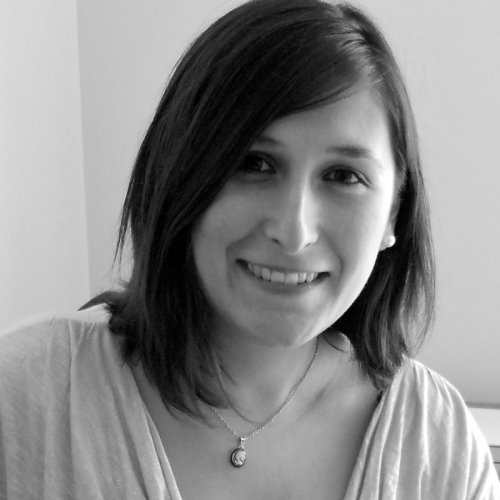
Dr. Eylem Atakav
LECTURER, FILM & TELEVISION STUDIES AT THE UNIVERSITY OF EAST ANGLIA
Dr Eylem Atakav is Lecturer in Film and Television Studies at the University of East Anglia. Her research and academic interests are on women and contemporary world cinema and television (Middle Eastern film and television in particular); representation of ‘honour’ crimes in the media; women’s film festivals and media, religion and women. She teaches Women and Film and Women, Islam and Global Media. She is the author of Women and Turkish Cinema: Gender Politics, Cultural Identity and Representation (Routledge, 2012)


